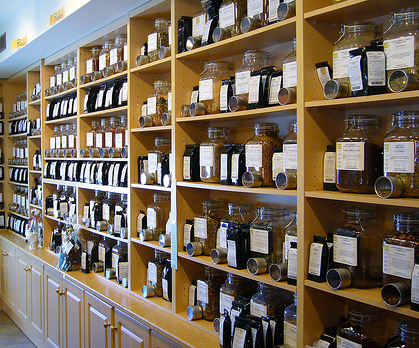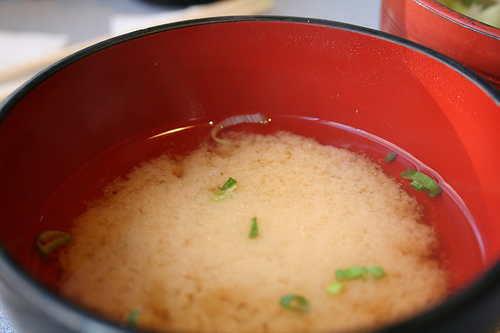Caffeine, the world’s most popular psychostimulant, has both its pros and cons. Because of health reasons, some people have to lower (or completely remove) their daily caffeine intake....
Asian Tea Classification: Why Their Colors Don’t Match Ours
Did you know that what we call black tea is known as red tea in Asia, and that there’s also blue tea? On a previous post, I wrote about...
Matcha Whisk vs Milk Frother, Which is Better?
An essential aspect of matcha (usucha style) is the layer of foam on top. This is traditionally achieved with the matcha whisk, or chasen (茶筅). Lately, a modern approach...
Types of Tea
A wonderful thing about tea is its great variety. A wide range of different colors, flavors, and aromas; all coming from the same plant. Tea can be classified in...
The Oxidation of Tea Leaves
Have you ever wondered why some fruits and vegetables begin to turn brown after they’re cut or bruised? This is oxidation at work. Oxidation is important in tea, because...
How to Roast Your Own Houjicha
I’ll rarely drink bancha by itself. Most likely I’ll use it as raw material to either make my own genmaicha, or roast it to make houjicha. Roasting your own...
Yamacha: Japan’s Native Tea Plant?
It’s common knowledge that the tea plant comes from China. However, throughout south western Japan there are wild tea plants called Yamacha (山茶, mountain tea). Is yamacha an indigenous...
Tea Infusers: Which one should you use?
Tea infusers are popular because they are easy to use and have a low cost. The problem is knowing which one to buy, because they come in all sorts...
How to Dry Used Tea Leaves
The Japanese have been dealing with used tea leaves for so long that they even have a name for them: chagara (茶殻). If you brew loose-leaf tea daily you’ll...
Experiment: How Much does Water Cool when Pouring?
It’s not easy to tell what the water temperature just by looking at it. Say that you are going to brew gyokuro, so you’re aiming for 60ºC (140ºF). How...
Umami: The Fifth Taste
Imagine that you’re reading a tasting note for a Japanese green tea and this comes up: “Sweet with a deep umami flavor…”. You’ll end up wondering what umami is....
Herbal Tea: Is it Really Tea?
It’s easy to be confused about what tea actually is when we hear about things such as rooibos tea and honey lemon tea, since their ingredients have nothing in...


